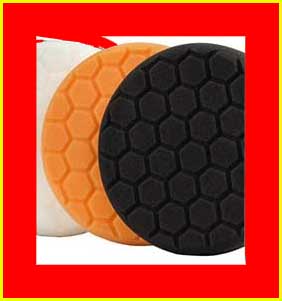- Reaction score
- 1
- Thunderbird Year
- 1962
So, I need the advice of people much smarter than me. I have been having problems with white smoke (smells like gas) blowing out the exhaust and overflow tube. I performed a compression test on all cylinders. Seven of the eight cylinders were within 10% of one another (135-150 psi cold). The fourth cylinder was at 105 psi. The car has 93K miles on it.
I added an entire can of seafoam to about 3 gallons of gas, put some in the oil and sprayed an entire can into the carburetor. Followed all the directions. The compression in those that were at 135 increased up to much closer to 150 psi. The fourth only went up to 110.
So, I performed a poor man's leak down to see where the leak is while cylinder 4 was at TDC. No bubbles at the head or in the coolant, so I am pretty sure the head isn't cracked or that there is a leak at the gasket. There was air escaping out the exhaust and out of the oil filler cap. The air coming out of the oil filler cap smelled like gas.
So what are your thoughts, do I just need to get the heads rebuild or do I need to go for a whole engine rebuild.
I added an entire can of seafoam to about 3 gallons of gas, put some in the oil and sprayed an entire can into the carburetor. Followed all the directions. The compression in those that were at 135 increased up to much closer to 150 psi. The fourth only went up to 110.
So, I performed a poor man's leak down to see where the leak is while cylinder 4 was at TDC. No bubbles at the head or in the coolant, so I am pretty sure the head isn't cracked or that there is a leak at the gasket. There was air escaping out the exhaust and out of the oil filler cap. The air coming out of the oil filler cap smelled like gas.
So what are your thoughts, do I just need to get the heads rebuild or do I need to go for a whole engine rebuild.
This page contains affiliate links for which I may be compensated. As an eBay Partner, and Amazon Associate I may be compensated if you make a purchase at no cost to you.


